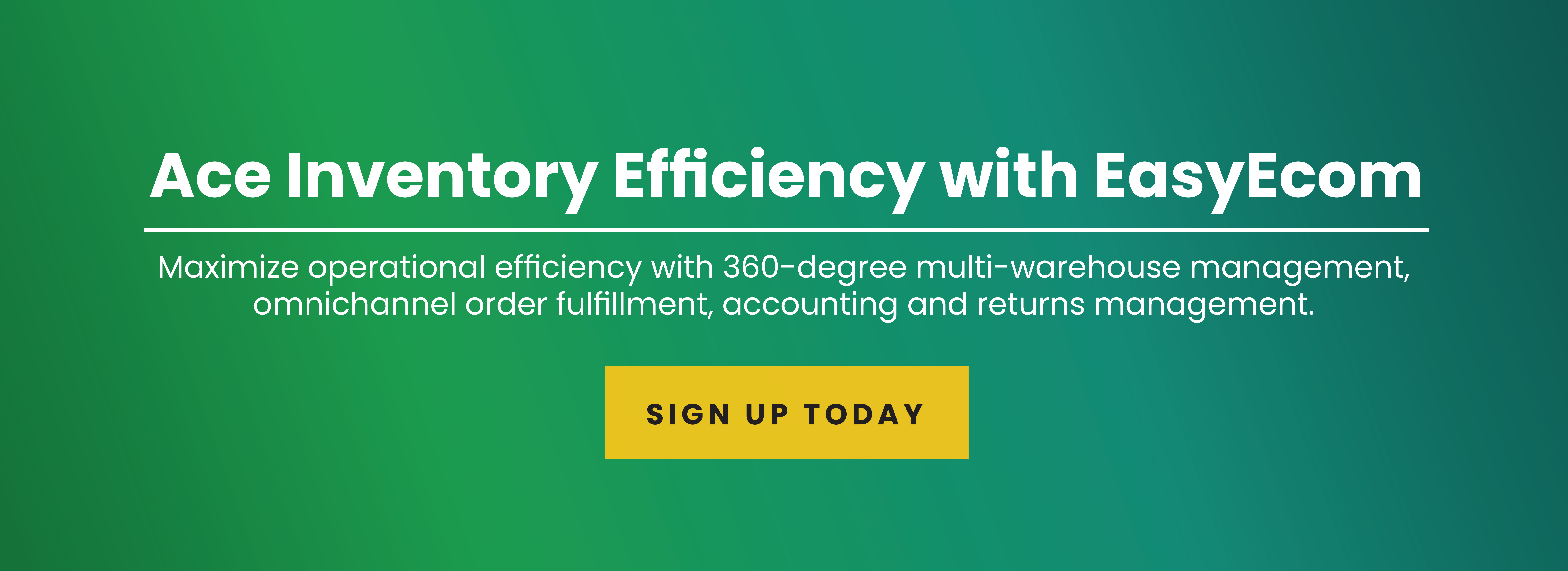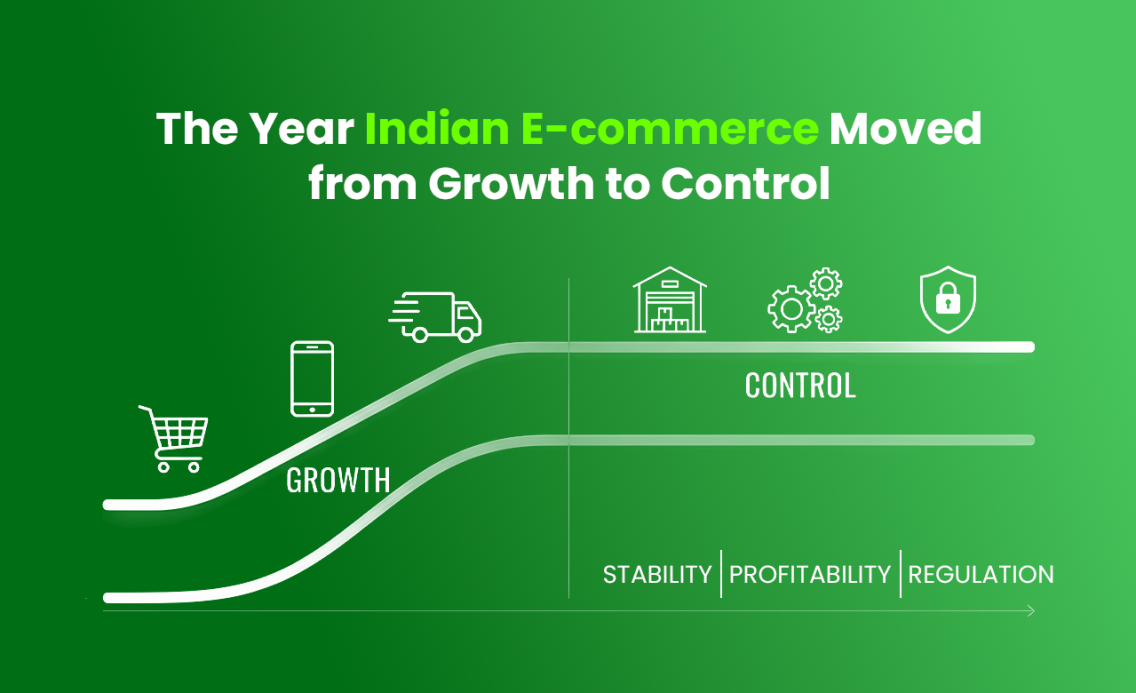India is home to 800+ D2C brands. Despite the disruption to business-as-usual in the early days of the pandemic, increased internet penetration and necessity has driven consumers to be more digitally adept. As a result, several D2C brands are seeing an uptick in their sales growth from multiple revenue streams.
In a D2C business model, the middle sellers are taken out of the equation, thereby enabling brands to establish a direct connection with their intended consumers. Consequently, such brands can be a fly on the wall and know what can help them shape better customer experiences. Customers too are making their brand preferences clear, inclining towards those that adhere to quality and sanitation standards when it comes to their product line, shipping times and post-delivery experience.
In 2020, there was an 88% YoY increase in demand. If the projections are right on the money, the number of online shoppers will shoot up by 2.5 times in the next 5 years. First off,
Why Are Brands Shifting to a D2C Model?
A traditional supply chain involves manufacturers, suppliers, wholesale sellers, retailers and distributors. Put simply, the same product is sold several times internally between different parties, requiring lengthy negotiations.
Although D2C brands sell from their native websites, they also use eCommerce marketplaces like Amazon and Flipkart and social media platforms to push their products.
This means that the percentage of direct to indirect sales varies. Direct-to-consumer (or D2C) start ups have the advantage of selling their product at lower costs while retaining control over the marketing and distribution of products.
Unlike traditional retailers, D2C brands can experiment with their distribution models, opting for in-house or third party order fulfillment. Let’s walk you through the different approaches these D2C start ups are implementing.
High-Growth D2C Startups in India
- Vahdam India
Vahdam is a premium tea brand that sells more than a 100 signature tea blends. It was founded by Bala Sarda in 2015. The company name is an anagram of Bala’s father’s name. Filled with the purpose to deliver freshness in every cup of tea, Vahdam packages their blends straight from the farm and cuts out the middle men.
First-time users can sign up for Vahdam’s loyalty program, earn points and redeem them towards shop-wide discounts. With 1 million+ customers and a revenue coming in from the U.S and Europe markets, this D2C brand's marketing strategy could be your cup of tea!
2. Bewakoof
Bewakoof is an online D2C fashion brand that sells mobile covers, clothing and accessories for men and women. Founded in 2012 by Prabhkiran Singh and Siddharth Munit, Bewakoof has sold over 2 million products till date, featuring creative and quirky messaging!
The company’s unusual yet relatable name has been a hit, particularly with the 16-34 year age bracket. In the early days, Bewakoof leveraged Justdial and Facebook to promote their products. In just a few short months, their page gained 75,000+ users. Besides this, they also created college campaigns with the promise of free tees from the company.
Bewakoof’s operations give them a bird’s eye view of everything, from design and merchandising to marketing, which is done online. They incorporate TV show punchlines and social media memes into the writing in line with what’s trending. Additionally, they encourage ideas from their 1.5 million strong fan base on social media.
3. Mamaearth
MamaEarth was founded by parents Varun and Ghazal Alagh in 2016. As a D2C brand that operates in the baby and adult care space, Mamaearth’s strategy targets fellow parents on the lookout for toxin-free products.
In FY21, Mamaearth’s revenue crossed the INR 500 crore mark. They primarily relied on word-of-mouth referrals back in the day to promote their products.. At present, they use social media influencer marketing to spread their reach. Mamaearth is one of the first FMCG companies to grow their sales on both offline storefronts and online via Amazon and Flipkart to grow their sales besides those products sold in offline storefronts.
Mamaearth follows a lean innovation cycle to further its omnichannel presence. This approach lets them identify customer-specific needs and launch at-scale. They experiment in iterative cycles to improve their product lines and reduce the time-to-market.
4. Licious
Abhay Hanjura and Vivek Gupta are the founding duo behind Licious, a D2C meat processing brand that delivers fresh meat to consumers.
As of 2021, their revenue has grown to $133 million.Based out of Bengaluru, Licious operates on a farm to fork model with the company owning the entire supply chain backend. In other words, Licious has complete control over procurement, storage,order processing and deliveries.
Licious uses personalized packaging which features their customer’s faces on the outside against their logo. Their motto to sell what they themselves would eat is reflected in the product freshness, quality and delivery time of 90-120 minutes.
- Wakefit
Wakefit is a mattress brand that sells bedding at affordable prices. Wakefit was started by Ankit Garg and Chaitanya Ramalingegowda. Their revenue has shot up 2x from INR 199 crore to INR 416 in 2021.
Wakefit is a Bengaluru-based D2C start up that commands a market share of 40%. They’ve listed their products in 4 easy-to-remember categories. Intentionally simpler options have reduced the decision fatigue for buyers, which in turn has helped the company to attract prospects. Wakefit sells between 300 to 500 mattresses (800 during sale seasons!) via their website and Amazon, Pepperfry and Flipkart. While 75% of sales come from metros, the remaining 25% are from tier 2 and 3 towns.
- HealthKart
Healthkart is an exercise and fitness D2C startup launched in 2011 by IITIans Sameer Maheshwari and Prashant Tandon.
The founders’ collective experience in the public healthcare sector has inspired their current business model. They operate as an eCommerce store for health and fitness related products while following a traditional offline display. Consumers can price check products at an outlet and place their orders online. With 93+ physical stores across 39 cities, HealthKart embodies the omnichannel experience. The logistics are managed through third party services such as Blue Dart, DTDC and IndiaPost.
- Rebel Foods
You might not recognize the company by its official name, but Faasos might ring a bell! Founded by Jaydeep Barman and Kallol Banerjee in 2011, Rebel Foods ventured into the cloud kitchen business after realizing that 70% of their orders were online. They operate around 320 cloud kitchens across the country.
The Faasos business model centers around ghost kitchens, and the store ingredients can be used by the in-house brands that are on their platform. Faasos fulfills orders and takes care of the deliveries. This D2C startup brand earns commissions from deliveries where the pricing includes delivery charges per order. The company adds to their revenue with in-app advertisements.
- Boat Lifestyle
Boat Lifestyle is an electronics D2C brand that features earphones, speakers and cables. The company was launched in 2016 by Aman Gupta and Sameer Mehta. In FY2021, the brand clocked a revenue of INR 1500 crore.
What’s interesting about Boat Lifestyle’s marketing strategies is that it puts their customer at the center of their product research by taking into account their needs and desires in addition to behavior patterns.
The underlying messaging is that anyone buying a Boat product gets inducted into the Boat family. They’re even affectionately referred to as ‘Boatheads’ and it’s this personal touch, coupled with the product’s affordability and durability that have enabled the company to stand out. (hey, if Potterheads can be a thing, so can Boatheads!).Some other strategies that have helped the company grow are
- Constant innovation and improvisation cycles.
- Marketing themselves as a lifestyle brand rather than merely a consumer electronics brand.
- A diverse and ever-growing product catalog.
- Fixating millennials and Gen Z as their target audience to impress.
- Leveraging social media platforms as a primary digital marketing channel.
- Wiggles
Wiggles is a pet healthcare D2C startup based in Mumbai. Launched in 2018, Wiggles is one of the youngest D2C start up brands to make it to this list and was founded by Anushka Iyer, Raj Iyer and Venkat Madhavan. I
The store has 42+ SKUs and offers a range of pet care services such as grooming, training and veterinary assistance. Wiggles uses the relatability and personal experience factor to draw their target audience in,i.e. pet-parents.
The Wiggles Box is their flagship offering. It is a healthcare subscription that sends out personalized alerts and dosage reminders to pet owners.They also offer on-call vet and grooming services at affordable rates to encourage and educate pet owners on preventive health measures.
- Nykaa
Nykaa is a cosmetics and perfumery brand founded by Falguni Nayyar in 2012. This D2C startup uses an inventory-based business model. Nykaa buys products directly from manufacturers and uses designated warehouses in metro cities for storage. You can buy them via the Nykaa website or through their 3 offline store formats which are Nykaa Luxe, Nykaa On Trend and Kiosks.
Although the store initially operated entirely online, they launched 76 physical outlets from 2015 onwards. The number currently stands at 84, across 40 cities. Nykaa relies heavily on social media, YouTube and content marketing to further their reach by publishing tutorials and the Nykaa Beauty Book. As of 2021, their earnings crossed INR 2,400 crore.
The Future of the D2C Market in India
India is witnessing a rise in D2C brands that are cottoning on to the interests of a neo-consumerist population. The valuation of the D2C market is estimated to reach USD 100 billion by 2025. Higher disposable incomes and the propensity to spend it on a high-end lifestyle has fueled product innovation across consumer goods in electronics, beauty and cosmetics and the food and beverages industries. Out of the 20+ D2C global startups that made it to the unicorn club,Mamaearth became India’s first D2C startup brand after its recent funding reached a valuation of $1.2 billion. Other D2C start up brands in India can expect similar levels of funding activity in the next 4 years. According to Avendus, investors will be interested in companies that focus on robustness and capital efficiency.

.png)











